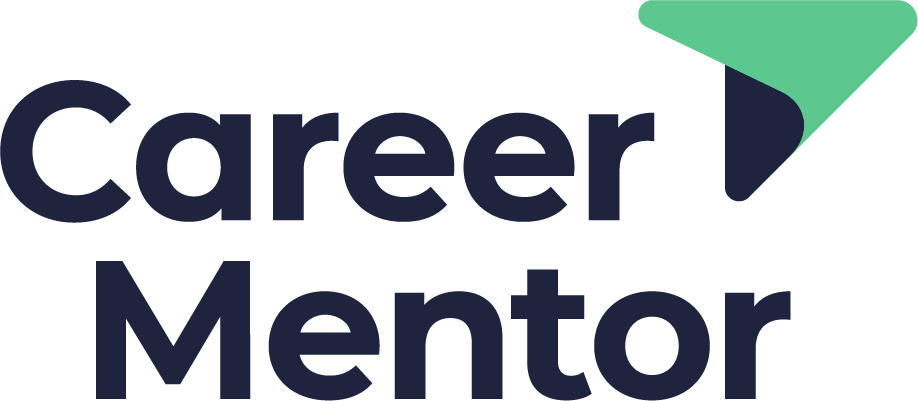Everything counts in building your career equity
If you’re currently employed, is it possible to say that everything you see and do at work is a valuable opportunity to build your career equity? This links to an idea that someone mentioned to me recently: everything you do at work is evidence-gathering for your next job search.
In this blog, I’ll discuss some ideas that might be useful not only to progress your carer, but also so that you’re the one considered for promotion. It will also help ensure you have plenty of material to impress in any future job interview.
High performers
There are likely to be some exceptional and high-performing people in your industry or field. What are the commonalities in terms of mindset, skillset and expertise? Is there an opportunity to model their approach? What level of intensity do they bring? How do they think through problems and identify solutions? What are the ‘soft’ skills that give them an edge in how they interact with others? The list could go on - you get the point. The opportunity to learn from colleagues is immense, and, in many ways, learning from those that are getting great results is a strong place to start.
And on the other hand…
There may be things happening around you that you absolutely to do not want to repeat or be a part of. Notice and simply doing the opposite is perhaps an equally valid way to learn and develop.
Step up to the right challenge
A great way to grow and expand your capabilities is to take on bigger and more complex responsibilities. This is well explained in the classic ‘The C Zone: Peak Performance under Pressure’ by Robert J. Kriegel and Marilyn Harris Kriegel. They explain that if you’re working at a level of insufficient challenge and with too much mastery, you won’t grow and progress. On the other hand, it might be too stressful to take on tasks that are simply too challenging, resulting in subpar outcomes. The sweet spot, they offer, is to take on tasks that are definitely a stretch, unfamiliar and beyond your comfort zone - and thus, will absolutely demand that you grow. It may be that your leadership notices your willingness to stretch yourself and will give you more opportunities to shine. In turn, this gives you more evidence to build your career equity.
Recognise and record your achievements
It would be great for you to be back to look back at the past 12 months or, indeed, your time in a role and be able to list the clear and tangible things you’ve achieved (with the support and help of your team). You can derive a strong sense of accomplishment and satisfaction from this, but it also provides valuable material to offer as examples during future job interviews.
In fact, we could go on step further. As you’re doing the task and working towards the achievement of a goal, reflect on how you could enhance the experience further. What opportunities are there for you to use this to further develop your or your team’s capabilities? What can you try that may well get an even better result?Enhancement questions can be highly effective in ensuring you continually build your career equity and have more in the bank to use in future interviews.
Connections and recommendations
If we acknowledge just how important relationships and reputation are to career equity, it’s clear to say that there will be countless opportunities to build your professional network. If you’re working with new people - colleagues and clients alike - take the opportunity to develop. your professional relationship with them. You then might choose to add them to your network and find ways to stay in touch, adding genuine value going forward. Furthermore, where appropriate, you could ask for a LinkedIn recommendation from someone senior, credible and relevant to your field of endeavour. This, again, will be added depth to your professional reputation.
These are just some simple ideas for how to see everything, week on week, month to month, as an opportunity to learn, grow and deepen the accumulated value in your career. This, therefore, helps optimise this part of your life for your next professional steps and next job search.
